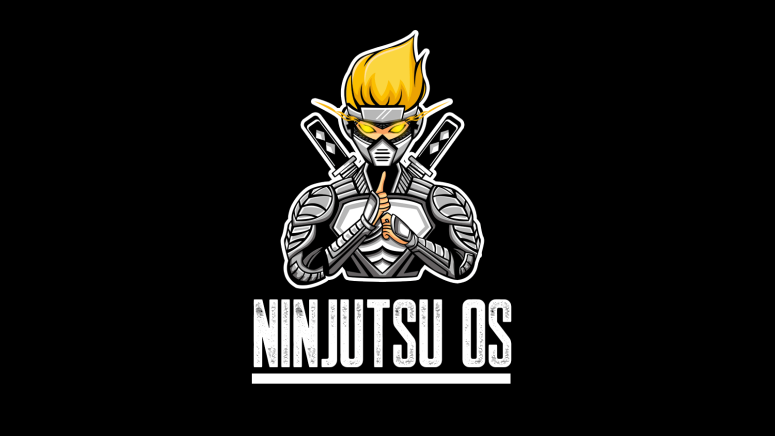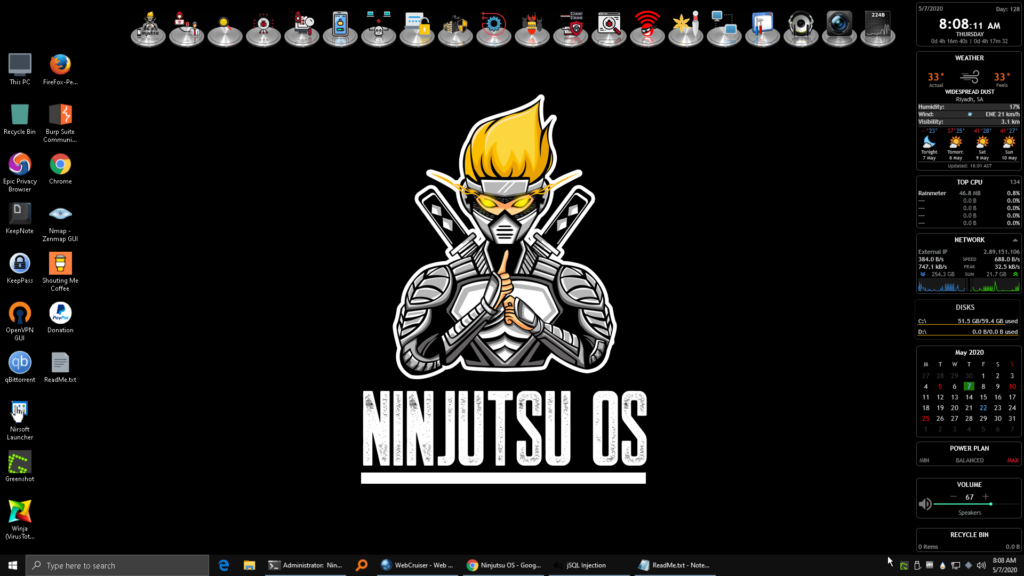
Microsoft Hits “Ninjutsu OS” With DMCA Complaint of Widespread Ramifications
- A set of tweaking tools for Windows 10 has been kicked out of GitHub following a DMCA from Microsoft.
- The software giant is accusing the small team of developers of violating their terms of use.
- Ninjutsu OS didn’t pirate anything, but merely disabled annoying Windows default tools and services.
Microsoft has decided that tweaking Windows 10 constitutes an act of copyright infringement, and has submitted a DMCA complaint against “Ninjutsu OS.” They also removed the software tool’s repository from GitHub - the online software hosting platform belonging to Microsoft. Ninjutsu OS was somewhat thunderstruck by this event, as no one before has had a clue that Microsoft was having any kind of problem with these projects.
Ninjutsu has been around since May 7, 2020, so it’s not one of the most long-lived Windows tweaking projects out there. However, it is one of the most “invasive” in terms of how many Windows default components it gets rid of, and how many Windows services it disables. Other than that, it offers “silencing” features for annoying notifications, powerful customization options, and several utilities that boost the user’s privacy. Obviously, this involves the shutting down of the channel of communication and data exchange between the user’s computer and Microsoft’s servers. This is entirely unacceptable for Microsoft, who moved on to report the tool through the Business Software Alliance, the entity that submitted the DMCA complaint on behalf of the software giant.
Source: Torrent Freak
Microsoft finds that the tweaking abilities of Ninjutsu OS are blatantly violating the Windows software license terms, and more specifically, the part that forbids the illegal reproduction and distribution of Microsoft content (17 U.S.C. §512(d)). It is important to clarify that although Microsoft’s notice makes it seem like Ninjutsu OS is a pirated modified version of Windows 10 that is illegally shared with others, this is not true. Ninjutsu is actually a rich set of tweaking tools for Windows 10, and its users are expected to use it on top of a Windows 10 installation that they have a valid license for. Long story short, there’s no piracy involved in the project.
All that said, this move is introducing a large number of question marks on top of the various Windows 10 tweaking tools that are out there. Are they all illegally distributed and used in violation of Microsoft’s terms? If a user manually disables Windows 10 components and services that are supposed to remain active (by default), are they engaging in illegal activities? Are they running the risk of receiving a DMCA takedown notice from Microsoft if they publish a tutorial on how to modify Windows to accommodate usability and comfort? There’s certainly a feeling of intimidation towards the tweaking community, and Microsoft should have been more clear about what was the problem with Ninjutsu OS.







